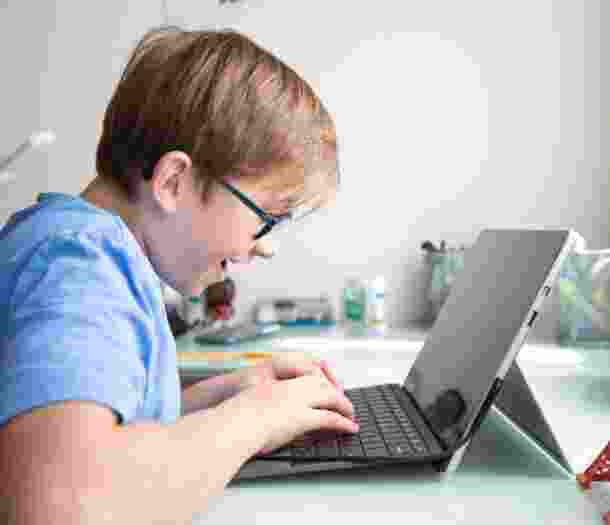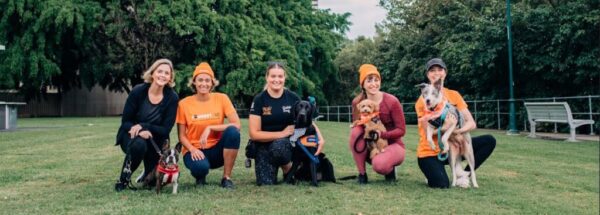What is Occupational Therapy?
Ensuring your child can approach their day with confidence.
Can your child choose their clothes from the wardrobe before they head out for the day? Perhaps they’d like to learn gardening and help you to remove the weeds from your lawn? If low vision or blindness is holding them back, these are the type of skills they can learn in Occupational Therapy.
Occupational Therapists are health professionals who can support your child to achieve their goals in everyday life at home or at school; whatever their age and whatever their level of vision.
‘Everyday life’ can mean something different for every person with low vision or blindness.
If your child has a specific skill they’d like to learn as part of their routine, we can create a program so that they can master it. From following their favourite recipes or doing their makeup to scheduling homework or using the computer, Occupational Therapists ensure your child can approach their day with confidence.
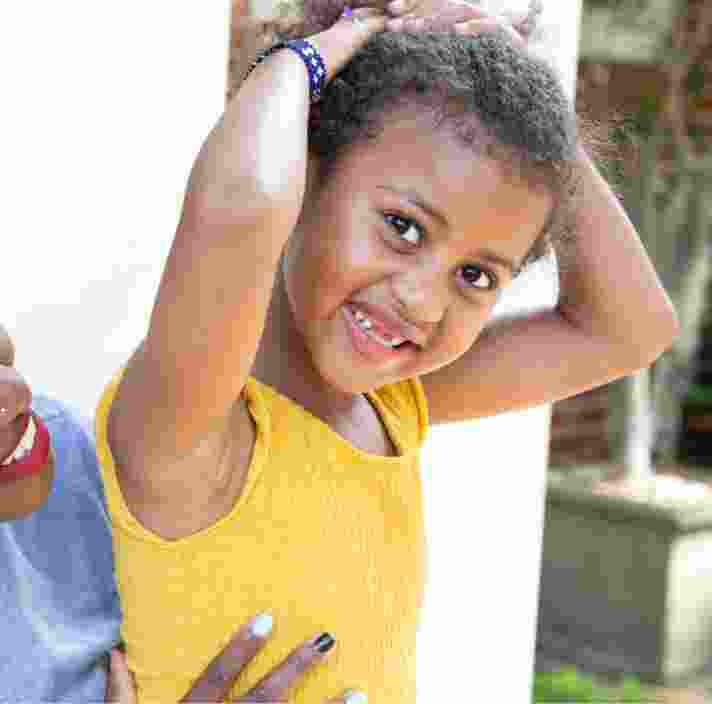
What skills can my child learn?
Practical skills to support your child's day-to-day routine.
Occupational Therapists can support your child to perform all kinds of practical tasks. Whether they want to learn personal care skills or something they can apply around the home, Occupational Therapists can support your child to do these tasks confidently and get the most out of every day.
In Occupational Therapy, your child can learn new ways to approach:
- Personal care skills, like showering and grooming, choosing an outfit and getting dressed, or managing medications they might take.
- Domestic skills around the house, including cooking, cleaning, making a cup of tea, doing the laundry, or helping with the garden.
- Tasks they’ll encounter while out in the community, such as identifying and managing money in shops and helping with the grocery shopping.
- Communicating with others, via the phone, handwriting, presenting themselves confidently, or learning to use other adaptive technologies in their day-to-day.
- Your home’s set up, by helping you find the best type of lights to use to maximise your child’s vision, and develop strategies to make it easier to move around your house or apartment.
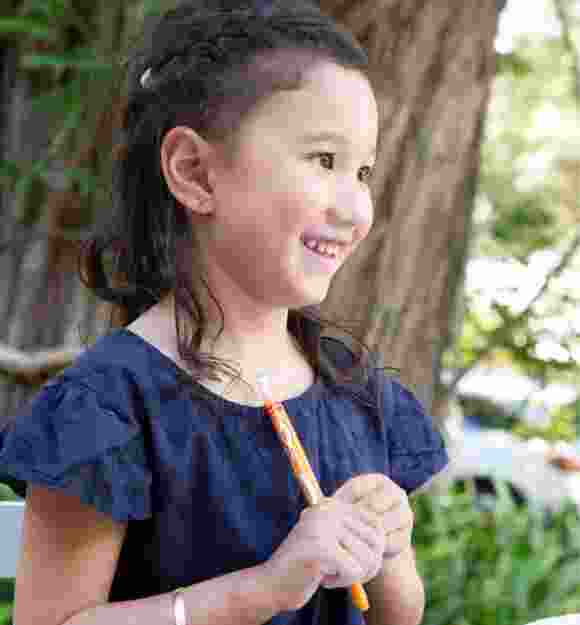
Occupational Therapists can also teach your friends and family new skills—like guiding or communication techniques—to ensure your child enjoys full support from everyone who’s important to them.
Where does Occupational Therapy take place?
Training designed to improve your child's skills in application.
Occupational Therapy is all about practical learning to support your child’s daily lifestyle. Depending on what your child hopes to achieve, we believe it’s best to learn these skills in the scenarios where they’ll use them. That means your child’s Occupational Therapy sessions could take place:
- At your home
- At their school, university, or TAFE
- Out and about in the local community
- At one of our local Guide Dogs Centres.
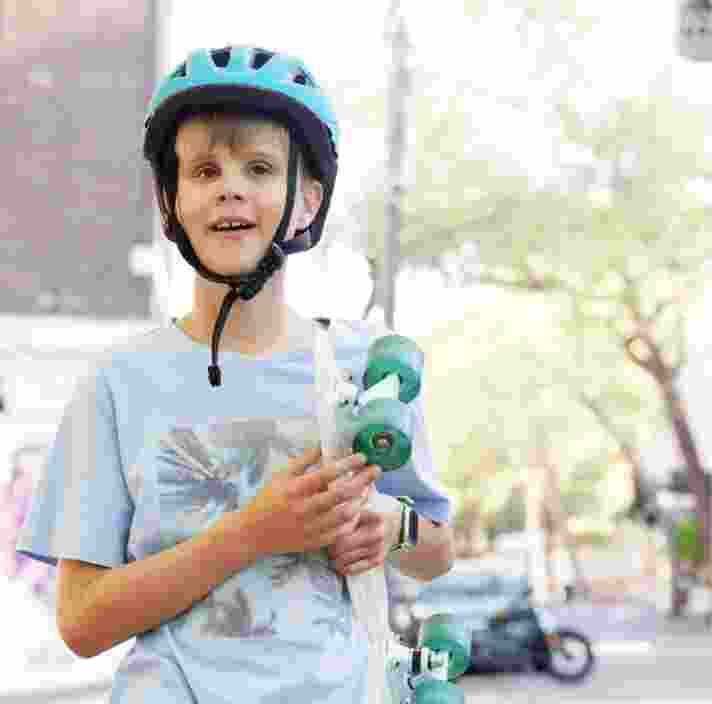
Ready to continue?
Seems like you have filled this form earlier. Let’s pick up where you left off.

